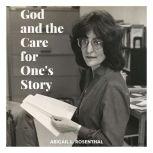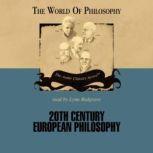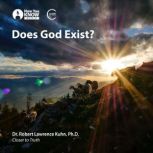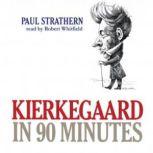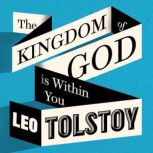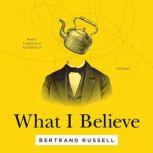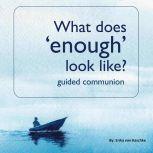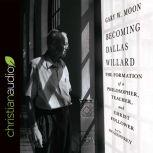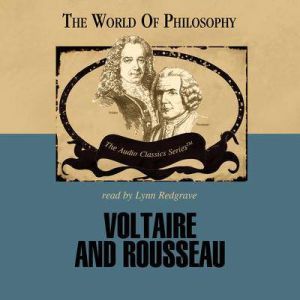
Details
Voltaire and Rousseau
Author: Professor Charles Sherover
Series: The World of Philosophy Series
Narrator: Lynn Redgrave
Unabridged: 2 hr 50 min
Format: Digital Audiobook
Publisher: Blackstone Audiobooks
Published: 04/09/2006
Genre: Philosophy - Religious
Synopsis
Voltaire and Rousseau offered opposing viewpoints on the major intellectual movement of their time: the Enlightenment. Like most Enlightenment thinkers, Voltaire repudiated tradition and history, embracing reform based on individualism and intellectual freedom. Rousseau, however, valued intellectual tradition and emphasized society's importance in establishing property, the rule of law, moral equality, and freedom. Though they openly despised one another, their contest of ideas provided important insights into the commitments of an era that produced the American and French Revolutions. FrancoisMarie Arouet (16941778) whose pen name was Voltaire, wrote novels, articles, poems, histories, and plays with a satirical wit that lampooned political and social traditions; he inspired the rise of liberal thought on the European continent. Voltaire's chief enemy was superstition and fanaticism, including many religious beliefs. He repudiated Descartes' rationalism (i.e. emphasis on the powers of the mind alone) in favor of English empiricism (i.e. emphasis on learning from experience). His most influential philosophical work was Letters Concerning the English Nation, published in 1733 in London (and later in France as Lettres Philosophiques). Voltaire's more mature views were published in his Philosophical Dictionary in 1764. JeanJacques Rousseau (17121778) was a passionate man who rejected the Enlightenment's emphasis on skepticism and coolheaded reason. Amid widespread rejection of social and political traditions, Rousseau sought to identify the conditions of a free society. His greatest work, Social Contract, declared that rights, property, moral obligation, and freedom itself can exist only in a social context. His famous concept of the general will refers to a general consensus of unifying values, loyalties, commitments, customs, taboos, aspirations, language, and religious beliefs, all of which denote a people as a "we" as this people rather than another.
by Abigail L. Rosenthal
The recent philosophic literature that revives the case for theism does not ordinarily take in the evidence for providential intervention that’s to be found in ordinary experience. For many people, such experience has tremendous impact yet, to...
Published: 01/22/2021
by Professor Ed Casey
Twentiethcentury European philosophy has grown out of two movements: existentialism (emphasizing the everyday turmoil of living) and phenomenology (seeking the essential, indispensable core of things grasped by pure consciousness). These movements h...
Published: 04/14/2006
by Robert L. Kuhn
Does God exist? How do you justify your belief or unbelief to others? A delicate matter, you rarely have the occasion to fully explore these questions in daily life. Now, this special series invites you to join some of the world’s leading thin...
Published: 03/22/2019
by Peter Walker
When we enter through the Gate of Jesus – by repentance and faith - we enter into his eternal kingdom. In that moment, we become citizens of heaven. Yes, we still find ourselves here on earth, but everything has changed. Earth is no longer our...
Published: 05/05/2022
by Paul Strathern
Kierkegaard wasnt really a philosopher in the academic sense. Yet he produced what many people expect of philosophy. He didnt write about the world, he wrote about life, about how we live and how we choose to live. His subject was the individual and...
Published: 06/25/2005
by Leo Tolstoy
Banned in Russia, Tolstoy's The Kingdom of God Is Within You was deemed a threat to church and state. The culmination of a lifetime's thought, it espouses a commitment to Jesus's message of turning the other cheek. In a bold and original treatise, T...
Published: 10/13/2022
by Bertrand Russell
Remarkably relevant, beautifully written, and filled with wit and wisdom, these three essays by Bertrand Russell allow the listener to test the concepts of the good life, morality, the existence of God, Christianity, and human nature. "What I Believ...
Published: 01/01/1995
by Erika von Kaschke
In a world shaken up by COVID-19, our eyes have refocused on the things that matter most. Many have started searching for God, trying to piece together the puzzle of life and to find secure footing.There are many opinions to be found, but as you rea...
Published: 02/08/2021
by Gary W. Moon
Dallas Willard was a personal mentor and inspiration to hundreds of pastors, philosophers, and average churchgoers. His presence and ideas rippled through the lives of many prominent leaders and authors, such as John Ortberg, Richard Foster, James B...
Published: 03/27/2018

